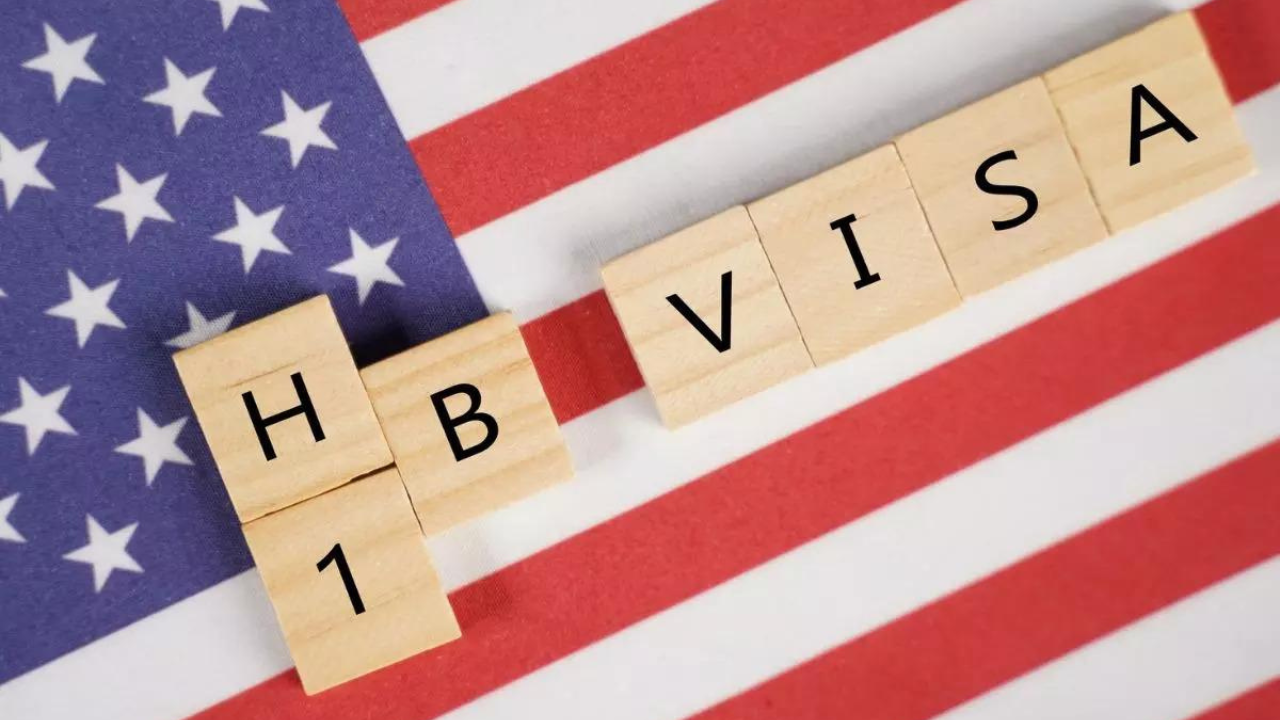The US Division of Homeland Safety (DHS) is probably going introduce a brand new H-1B extension charge for employers of expert worldwide staff on the H-1B visa. The brand new ruling would mandate a $4,000 charge for all H-1B visa extensions — a transfer aimed toward decreasing visa fraud and boosting nationwide safety. It’ll additionally impose a $4,500 charge for L-1 visa extensions, which permit corporations to switch managers and executives from overseas places of work to the US.The brand new extension charges are prone to come into impact from July 8
At present, solely corporations with over 50 staff and greater than half of them on H-1B or L-1 visas are obligated to pay these charges, as per the 911 Response and Biometric Entry-Exit Payment launched in 2015. The brand new rule, nevertheless, would increase this charge requirement to all petitions for H-1B and L-1 visa extensions.
The H-1B visa is a well-liked route for worldwide enterprise faculty college students seeking to work within the US. Upon acquiring sponsorship from an employer who petitions the USA Citizenship and Immigration Companies (USCIS), profitable candidates can work within the US for 3 years after finishing the next training diploma.
Equally, the L-1 visa permits US corporations to convey over managers and executives from their abroad places of work.
“These proposed modifications purpose to strengthen our immigration system and make sure the integrity of employment-based visa applications whereas additionally safeguarding nationwide safety,” mentioned the DHS.
The DHS has confirmed that the brand new charges for H-1B and L-1 visa extensions won’t grow to be necessary till a remaining ruling is issued. This adjustment locations a further monetary burden on companies using worldwide expertise however is touted as needed for bolstering nationwide safety.
What is going to change
Employers with 50 or extra staff within the US the place over 50% are on H-1B or L-1 visas need to pay the charge for preliminary petitions or when there’s a change of employer. The charges are $4000 for H-1B petitions and $4,500 for L-1 petitions.
Now these charges should be paid for visa extension petitions as nicely.
What would be the influence?
If applied, employers who rely closely on H-1B and L-1B visas can have an elevated monetary burdens which can pressure them to reassess their hiring methods.
At present, solely corporations with over 50 staff and greater than half of them on H-1B or L-1 visas are obligated to pay these charges, as per the 911 Response and Biometric Entry-Exit Payment launched in 2015. The brand new rule, nevertheless, would increase this charge requirement to all petitions for H-1B and L-1 visa extensions.
The H-1B visa is a well-liked route for worldwide enterprise faculty college students seeking to work within the US. Upon acquiring sponsorship from an employer who petitions the USA Citizenship and Immigration Companies (USCIS), profitable candidates can work within the US for 3 years after finishing the next training diploma.
Equally, the L-1 visa permits US corporations to convey over managers and executives from their abroad places of work.
“These proposed modifications purpose to strengthen our immigration system and make sure the integrity of employment-based visa applications whereas additionally safeguarding nationwide safety,” mentioned the DHS.
The DHS has confirmed that the brand new charges for H-1B and L-1 visa extensions won’t grow to be necessary till a remaining ruling is issued. This adjustment locations a further monetary burden on companies using worldwide expertise however is touted as needed for bolstering nationwide safety.
What is going to change
Employers with 50 or extra staff within the US the place over 50% are on H-1B or L-1 visas need to pay the charge for preliminary petitions or when there’s a change of employer. The charges are $4000 for H-1B petitions and $4,500 for L-1 petitions.
Now these charges should be paid for visa extension petitions as nicely.
What would be the influence?
If applied, employers who rely closely on H-1B and L-1B visas can have an elevated monetary burdens which can pressure them to reassess their hiring methods.




